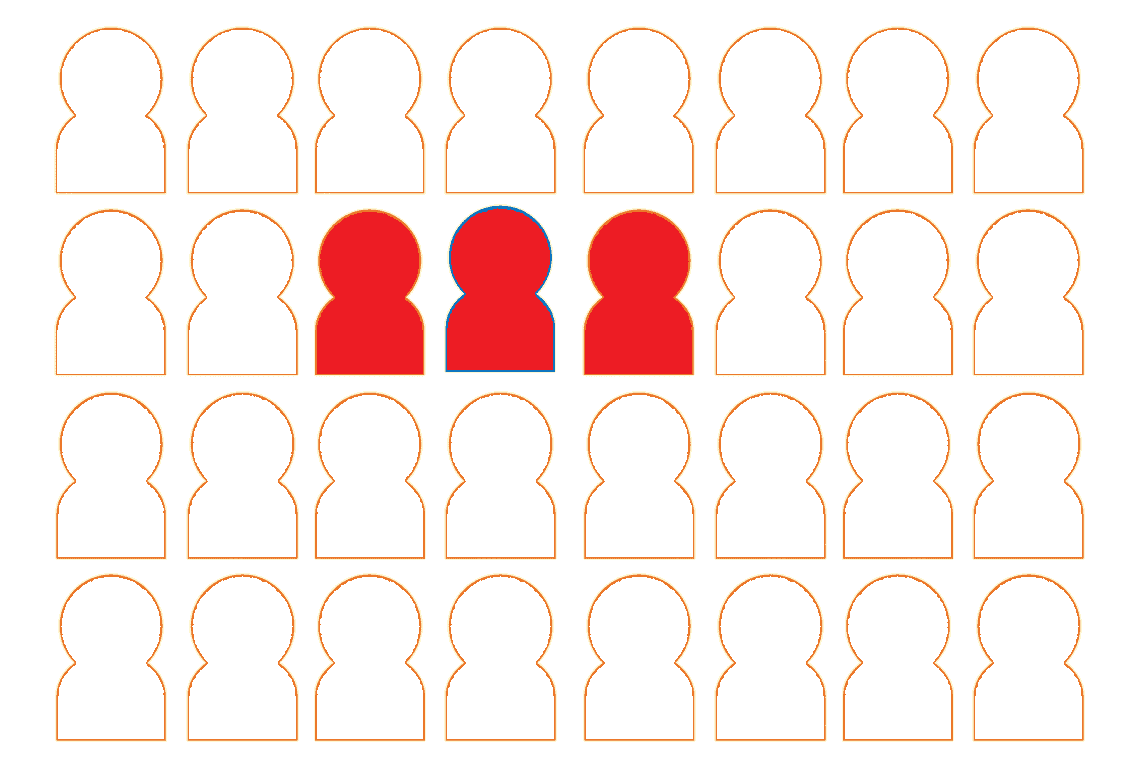Through the metaphor of a toxic waste dump, sister Sumya Rahman explored the imperative we have as members of this ummah to take a principled stance towards activism, and be adamant on being guided in our da’wah and activism by courage and commitment to Islam’s principles.
Consider a hypothetical: a series of unsightly factories located near a beautiful river dumping their toxic waste in it. The river is a vital life-source of towns and villages around it. Its polluted water means their crops, livelihood, food, and environment are all adversely affected. At the extremities of the impact, people contract disease, some die. The rich owners of the factories don’t really care because it only affects the poor and downtrodden communities who for them are just sources of profit. They are well-connected with the ruling authorities so having nothing to fear. In fact, the government, media, and other institutions of society not only justify and facilitate their crimes, they also attack and demonise anyone who speaks out or seeks any real change.
What do you, as a moral person, do in such a case? In simplifying matters, we might say that you have two paths in front of you. The “pragmatic path” whereby you might wish well for the oppressed, pray for them, pay some charity, but with respect to the cause of the oppression you remain silent. You disagree with the status quo and you talk about it in hushed tones of private discussion, but in public you remain silent. Your silence finds the approval of the authorities and makes you of the “good villagers”. It brings with it opportunities for a better life on the personal front; you may even be chosen to be part of the village administration. And why not? You can use it to for improving your oppressed people’s lot, even if only marginally.
The other path is the “principled path” whereby you speak the truth, call out the oppression and work in whatever capacities you can against it, knowing full well that you will be painted as an extremist, fringe, a disturbance, the problem. You will become of the “bad villagers” whose opportunities to progress in society shrink. But you’re willing to take that on the chin because this is what morality and principle demand. Further, this is the only way to achieve any real change, however long it may take.
This is a hypothetical. But it’s not far, as a rough analogy, to real life. The potential of the beauty of human society in submission to Allah is polluted by kufr. The natural live-giving purity of Islam is sullied by the toxicity of arrogance and lust produced in the factories of disbelief. Its leaders subjugate and exploit people en masse, spreading death and disease, spiritual before physical. In this real life scenario, taking the principled path is not just the demand of human conscience but is, first and foremost, a command of our Creator. We are asked to not only uphold the truth but to speak up and counter falsehood. We are asked to take the principled path.
The debate between being “pragmatic” and being “ideological” is as old as time. But it has altogether different implications in the context of a deen like Islam, where the very point is submission to Allah. Indeed, it is precisely in the eager fulfillment of a seemingly impractical command that the submission of the servant is nearer to perfection. Consider the case of Nuh (as) when asked to build a ship in the desert with no water in sight, or Ibrahim (as) when asked to enter the fire, or Musa (as) when asked to enter the raging sea.
It is the influence of modern materialist thinking that drives justifications for pragmatism – a thinking that places all power in the material world and hence overemphasises the role of the material and the human. The mu’min, in contrast, knows that real power rests in the spiritual, in Allah (swt). In turn, there is no wisdom in contravening a command of Allah just because we think it’s impractical.
There’s an even greater danger: pragmatism lures you in as being the wise path but in fact pushes you further and further from the original position or goal. Take Shari’ah for example. You start by saying “Yes we believe in Shari’ah but let’s not talk about that now. What will people will say?” It’s not practical to speak and create controversy. Then, when it gets attacked, you either remain silent or you defend based on the principles of those attacking. It’s not practical to justify on our own principles since they are not widely accepted. So you try to show the rationality or benefits of Shari’ah. Once you’ve accepted their principles, certain aspects of Shari’ah, which cannot be rationalised, begin to seem doubtful even to you. Over time, you, or others, rationalise them away. You end up with a Shari’ah that looks very different to what it actually is. This has happened in fact, with Muslim individuals and entire Islamic movements.
We all know that Islam came to change reality, to guide people, to be the point of reference. In turn, the problem with pragmatism should be obvious: it makes the reality the point of reference against which adjustments and customisations of Islam are made.
Finally, the example of our model is clear. The example of our beloved Prophet (saw) is clear: principled, honest, open, straightforward. As a lone man in Makkah, he delivered the message of Islam to its people in clear terms. No dilution, compromise, negotiation in the fundamentals. No cosying up with power. No concession on the truth for short-term benefits. That is our example. Those are the footsteps we must seek out and follow.
![]()




















